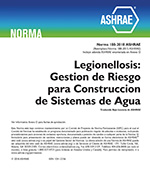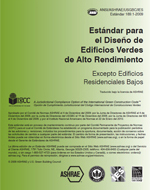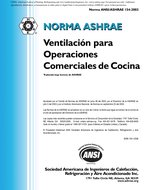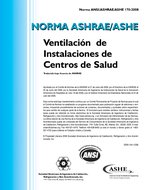Description
In Arabian Gulf countries, steam cogeneration power, desalting plants (CPDP)are used extensively to produce both electric power and process heat. The process heat is in the form of steam extracted from steam turbines at pressures of 1-3 bar to desalting units of the multi-stage flash (MSF) type. This MSF system consumes, on average, the equivalent work of 22 kWh/m3 when steam is extracted from turbines and 40 kWh/m3 when steam is supplied directly from a boiler. The emergence of reverse osmosis (RO) with work consumption of less than 7 kWh/m3 favors its use over the inefficient MSF system. When the RO system is substituted for the MSF system, process heat from the CPDP is banned and only power is produced. This drastically reduces the power efficiency of the CPDP, which was originally designed to produce power and heat, so it is vital to continue the production of process heat and find another application for that heat. One good application is to use the heat to drive absorption water hillers for the district air-conditioning systems needed in the Gulf area. Water-lithium bromide hillers are driven by steam or hot water at temperatures of 100°C to 130°C, similar to the conditions supplied to the MSF system. The use of CPDP plants to produce electric power and chilled water for air conditioning gives better utilization of fuel energy and better use of the available equipment. This paper illustrates the benefits of this approach ompared to the use of conventional mechanical vapor compression refrigerating ma hines for air conditioning and producing power only from CPDP to drive them.
Units: SI
Citation: ASHRAE Transactions, vol. 108, pt. 2
Product Details
- Published:
- 2002
- Number of Pages:
- 7
- File Size:
- 1 file , 200 KB
- Product Code(s):
- D-9002




